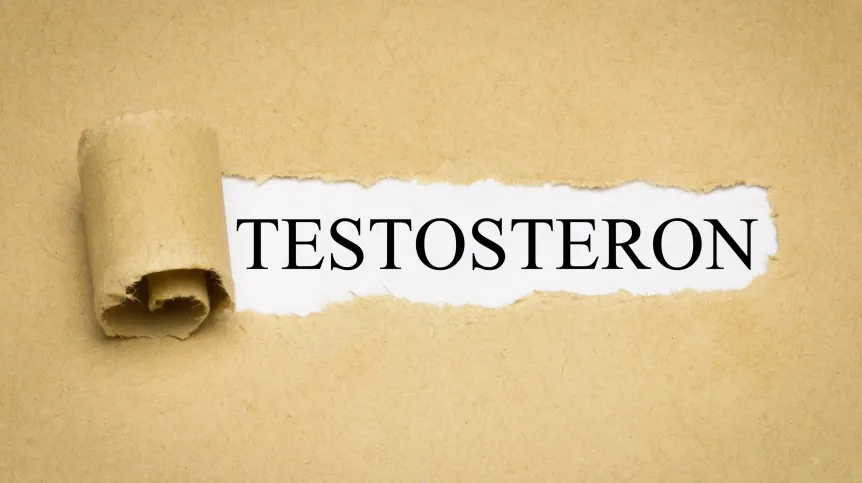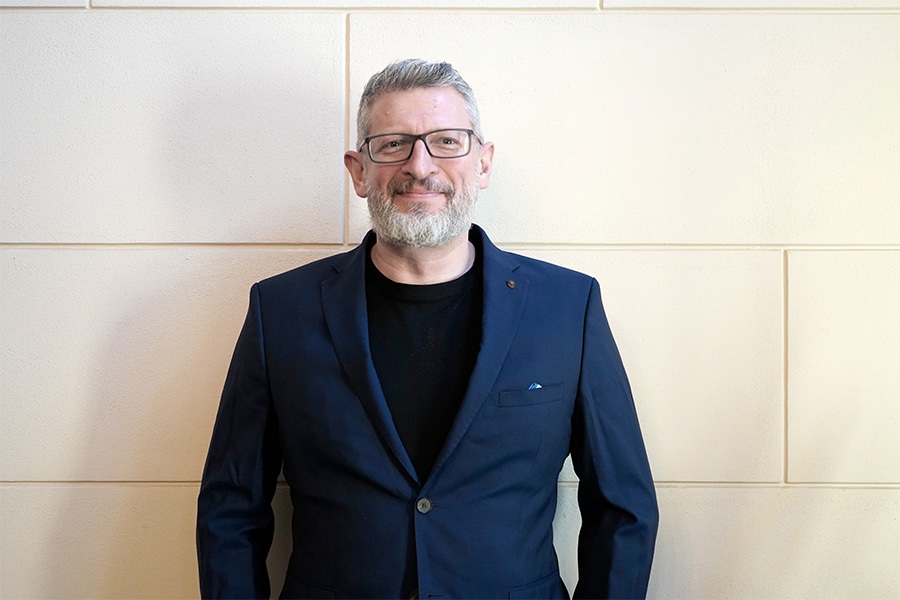
Identification of intestinal bacteria that metabolise testosterone, and thus can cause its deficiency, and microbes that can reverse this unfavourable process are the main research areas of the project led by Tomasz Janeczko, PhD, from the Wrocław University of Environmental and Life Sciences.
Research conducted by a team of scientists from the Wrocław University of Environmental and Life Sciences received over PLN 1.2 million in funding from the National Science Centre. The project manager is Tomasz Janeczko, PhD, from the Department of Biocatalysis and Food Chemistry.
Low testosterone levels can contribute to the development of hormone-dependent diseases such as osteoporosis, diabetes and atherosclerosis. Deficiency of this hormone can also lead to mental disorders and sexual dysfunctions. It is estimated that testosterone deficiency affects about 6% of the world's population of men aged 30–79, while in developed countries this percentage may reach 30 percent.
The objective of the multi-faceted research is to determine how gut microbiota affects the level of testosterone and other steroid hormones. Scientists from Wrocław are looking for strains of bacteria and yeasts inhabiting the human intestines that metabolise testosterone and thus may cause its deficiency in the bloodstream. The researchers also want to identify microbes that can reverse this process, contributing to the correct level of hormones in the human body.
According to Janeczko, the researchers have already identified several strains of intestinal bacteria that effectively metabolise testosterone. 'We also know from other studies described in the literature about people with acute depressive states associated with testosterone deficiency, in whom strains of bacteria metabolising steroid hormones were identified in the intestines', he says.

The scientist adds that Wrocław researchers want to identify the entire spectrum of intestinal bacteria that metabolise testosterone. 'We also want to identify strains of bacteria that can reverse the process of testosterone metabolism at the first stage of transformation of this compound. After preliminary studies, we already have several candidates that can do this', the researcher says, and mentions microbes that are capable of producing testosterone from cholesterol or phytosterols.
In this context, Janeczko cites research conducted in another centre on castrated rats. 'An optimal microbiome was introduced into their intestines, which led to the level of testosterone being equalized to values similar to those measured in the control group. In this case, intestinal bacteria proved to be able to make up for losses resulting from the lack of testicles by transforming compounds supplied with food', the researcher describes.
The scientist also says that the research project also includes searching for compounds available in the diet, mainly flavonoids, that could inhibit the degradation of testosterone by microorganisms. The aim of the project is also to identify flavonoid compounds that most effectively inhibit the development of microorganisms that are harmful to human health.
According to Janeczko, the team of Wrocław scientists still has to conduct a number of studies to confirm the project assumptions. 'We also need to verify the initial results, which indicate that we are heading in the right direction', the scientist says.
In the future, the research of Wrocław scientists may be used to develop a therapy for patients with testosterone deficiency, which will be based on restoring and stimulating the development of beneficial gut microbiota. (PAP)
pdo/ bar/ amac/













